A River in New Zealand is declared a “legal person”
You’ve read well. In ProGEA’s (Argentina’s Environmental Education Program) 31st Online Newsletter, I came to know that New Zealand’s Whanganui River has been declared a “legal person” (identified and recognized by the law), giving him the same rights a citizen has.
This is just great, because it is the first time a natural resource can “defend” itself within the laws given by the institutionalized world we live in.
Do you imagine a river suing a multinational paper company for damages? Not even to mention what would happen if the River had a couple of words with Mister Forest, and the latter sued the business as well for mutilation… What kind of complaints would La Pampa’s Atuel River have to make? Same as many other rivers, drained by our means of production.
“In the last two centuries, four hundred and seventy mountains have been decapitated in the north American Appalachian Mountains chain, called this way in the memory of the natives who lived in that region.
The indigenous people were stripped of their lands because they inhabited fertile soil.
The mountains were emptied because they contained coal.”
Eduardo Galeano. Los hijos de los días. (The sons of the days) Siglo Veintiuno Editores. Bs As. 2012. P. 186
The kiwi’s measure was thought and taken forward by the members of the Whanhganui iwi indigenous community, who carry the same name as the river. The fact of calling themselves the same way as the most dynamical natural part of the ecosystem that surrounds them shows the deep symbiosis relationship between them and their land.
Once again, the indigenous people are the first to go out and defend nature actively. Only now it will be easier for them, because they are not defending something vulnerable and corruptible by the system. On the contrary, that something is now someone. Someone with the ability to speak up for himself and legally claim his rights. We will no longer be considered as mere hippies making noise outside the parliament.
The agreement recognizes the status of the river as “Te Awa Tupua” (an integral living whole). A precise and profound definition, that personifies the river taking into account all of its components, trophic chains, flora and energy exchanges; and not only ONE VOICE…
The question is who will represent the river? In this case, those who know how to listen and interpret best the needs of nature: the indigenous people.
But, if this measure expands worldwide, and it would be a positive move indeed if it does, the voice, the will, the soul of the defended natural resource cannot be perpetuated by a political figure or any political party.
The natural resources needed the institutionalization (the recognition) in order to talk with the same rules among corrupt businessman and politicians, but not to politicize themselves and fall into the competitive inertia of political campaigns.
In this way, each natural resource would be represented by a group of local ecological and indigenous movements, as well as NGOs whose activities are immersed in the dynamics of the resource. Hence, we stay on the track of changing the social hierarchical pyramid, leaving a conglomeration of local organizations –which represent our activities and the ecosystem which sustains them– between POWER and THE PEOPLE.
Untill next week. Good vibes,
Brian Longstaff.-




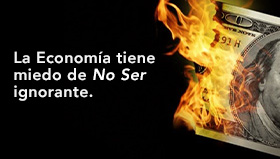
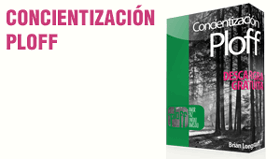

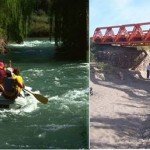

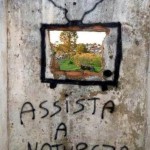
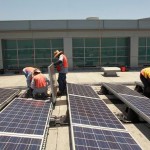
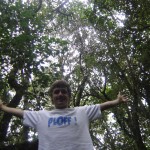

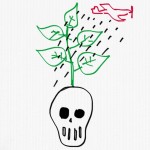
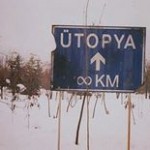

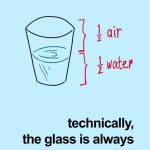
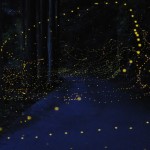


Zelmira Amelia Lugones Oct 27 , 2012 at 09:34 PM /
apoyo la idea y me gustaria implementarla en Argentina, como hacerlo?
Noel Sisî Nov 07 , 2012 at 12:20 PM /
gracias a usted por compartir todo lo que sabe, amigo Brian 🙂
Brian Longstaff May 09 , 2014 at 01:44 AM /
http://newswatch.nationalgeographic.com/2012/09/04/a-river-in-new-zealand-gets-a-legal-voice/